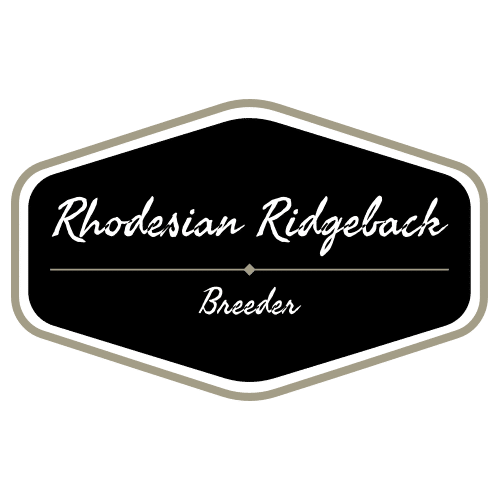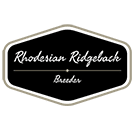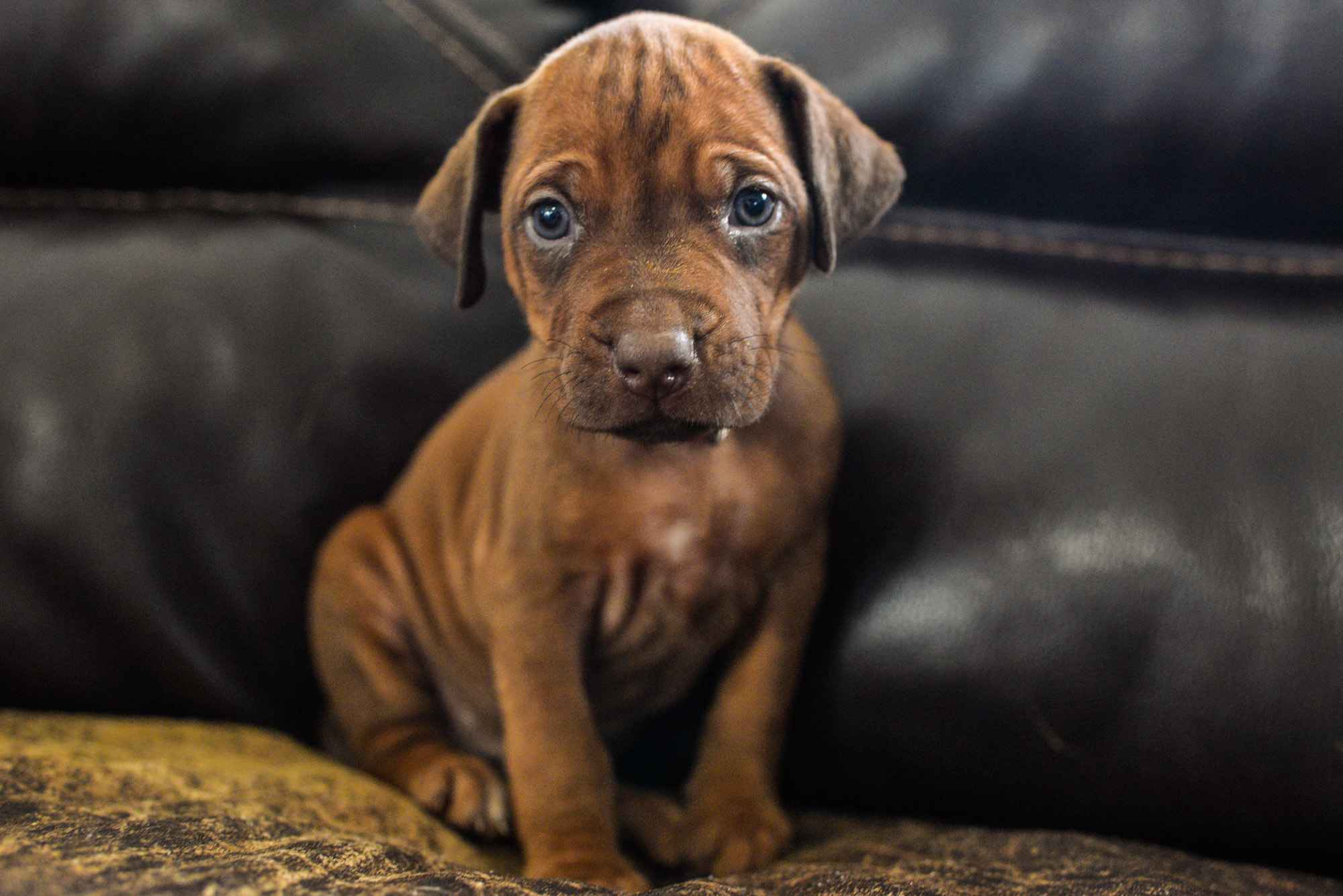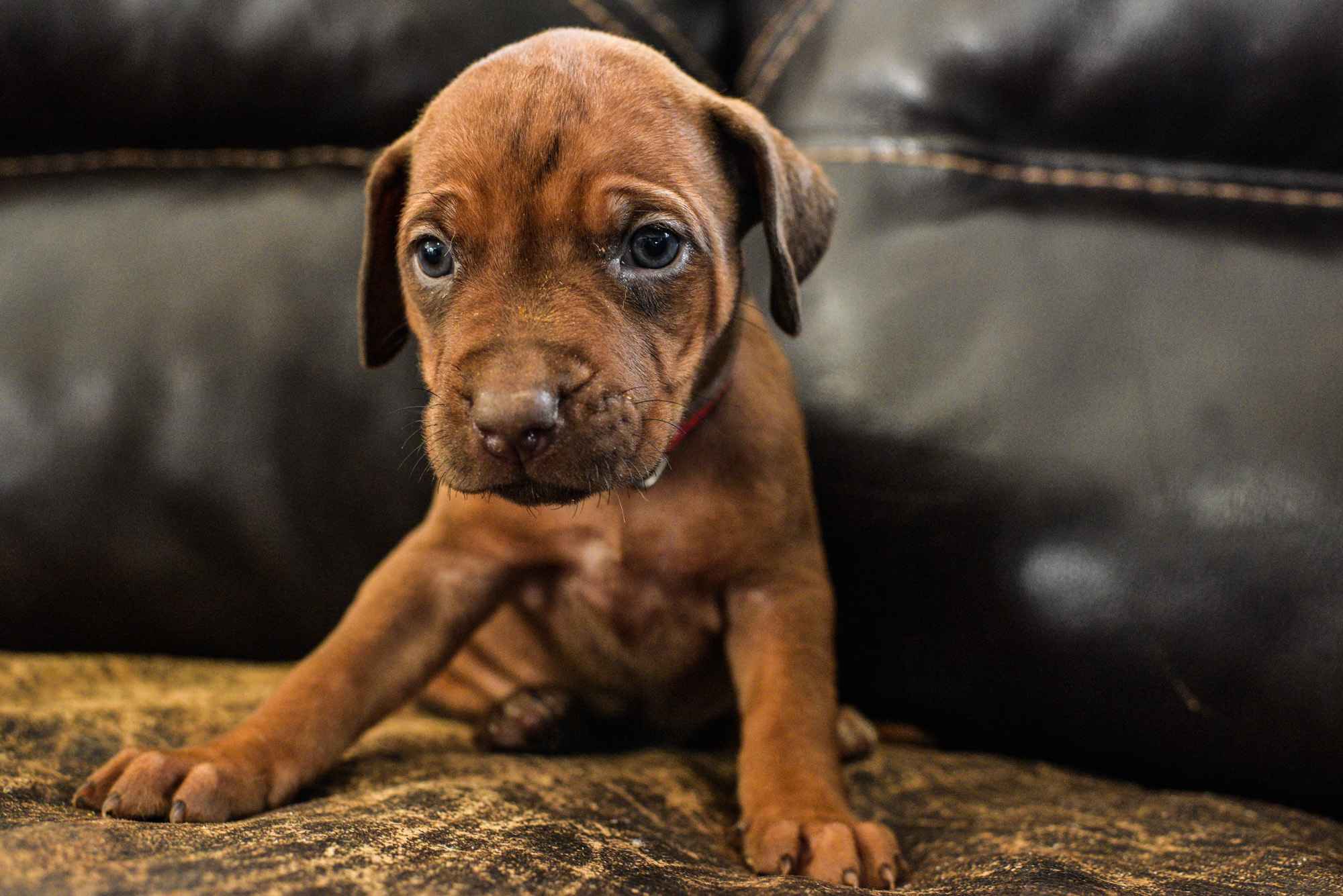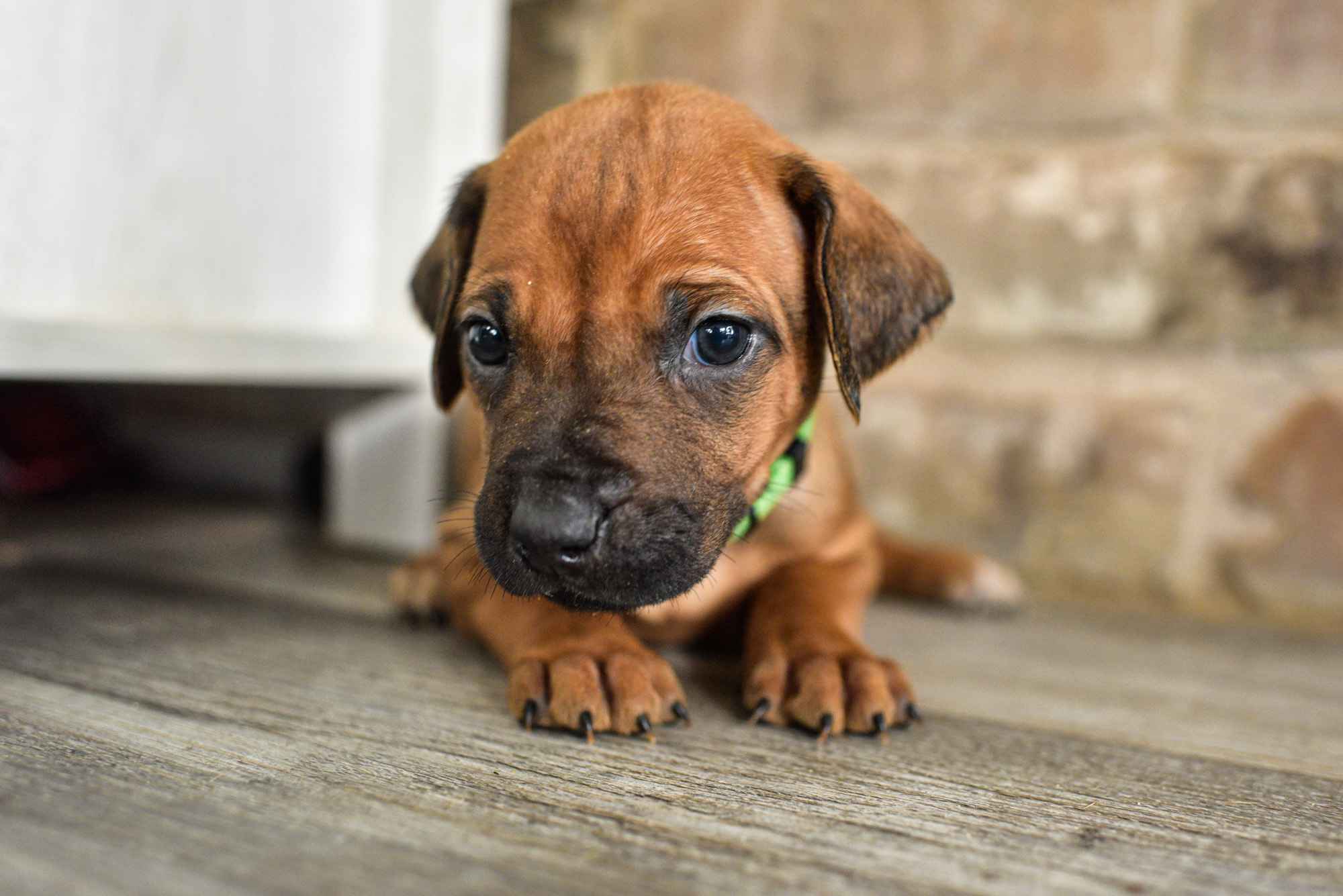dog show, american kennel club, rhodesian ridgeback, lure coursing, breed standard, orthopedic foundation for animals, kennel, dog training, breeder, hip dysplasia, selective breeding, dermoid sinus, canine good citizen, westminster kennel club dog show, hound, ridgeback puppies for sale, ridgeback breeders, african ridgeback for sale, african ridgeback puppies for sale, rhodesian breeders, rhodesian puppy for sale, rhodesian ridge back for sale, ridgeback dog breeder, ridgeback dog puppies for sale, fur, hunting, southern rhodesia, prey drive, nutrition, dysplasia, guard dog, reinforcement, temperament, elbow dysplasia, diet, weight gain, bloodhound, behavior, disease, vizsla, weight, gastric dilatation volvulus, nova scotia duck tolling retriever, southern africa, leash, stomach, gene, hip, instinct, pain, dog food, zimbabwe, coonhound, pet insurance, socialization, cur, field trial, elbow, black and tan coonhound, australian cattle dog, veterinary medicine, pointer, hunting dog, nose, mutation, genetics, american english coonhound, ridgeback puppies, ridgeback for sale, african ridgeback dog, african ridgeback price, african ridgeback puppies, akc ridgeback, american ridgeback, ridgeback dog, ridgeback rescue, ridgebacks, rhodesia, mastiff, purebred, animal shelter, therapy dog, temperament test, rhodesian puppies, rhodesian puppies for sale, ridgeback dog breeders, ridgeback breeder
How to buy a Rhodesian Ridgeback puppy?
To buy a Rhodesian Ridgeback puppy, research reputable breeders, visit their facilities, ask about health testing, meet the parents, and ensure proper documentation. Be prepared for the financial and time commitment required for raising a Rhodesian Ridgeback puppy.
Are Rhodesian Ridgebacks good house dogs?
Rhodesian Ridgebacks make excellent house dogs due to their loyalty, family-friendly nature, and love for children. They are playful yet calm, protective yet friendly, and get along well with other dogs and people. Their affectionate and cuddly demeanor adds to their charm as ideal companions for families.
Do Rhodesian Ridgebacks shed?
Rhodesian Ridgebacks do shed, but their shedding is considered moderate. Regular grooming can help manage their shedding and keep their coat healthy. Brushing them weekly can reduce loose hair and maintain their sleek appearance. Additionally, a balanced diet and proper grooming tools can aid in managing shedding.
How many puppies do Rhodesian Ridgebacks have?
Rhodesian Ridgebacks typically have litters ranging from 6 to 8 puppies on average. However, litter sizes can vary, with some litters having fewer or more puppies. It's essential to consult with a reputable breeder for specific information on upcoming litters.
Why are Rhodesian Ridgebacks so hard to train?
Rhodesian Ridgebacks can be challenging to train due to their independent nature and strong-willed personality. They require consistent, firm, yet positive training methods to establish boundaries and respect. Patience, persistence, and early socialization are key to successfully training a Rhodesian Ridgeback.
What is so special about Rhodesian Ridgeback?
Rhodesian Ridgebacks are known for their loyalty, family-friendly nature, and love for children. They are playful yet protective, making them excellent companions. With origins as lion hunters in Africa, these dogs are versatile, great with other pets, and enjoy cuddling with their owners.
Can a Rhodesian Ridgeback kill a lion?
Rhodesian Ridgebacks were historically bred to track and corner lions, not to kill them. While they have the courage and strength to confront a lion, it is not recommended or safe to put them in such a situation.
What health tests should Rhodesian Ridgeback breeders perform?
Rhodesian Ridgeback breeders should conduct health tests for hip dysplasia, elbow dysplasia, degenerative myelopathy, and thyroid issues. Additionally, screening for heart conditions, eye problems, and genetic disorders like dermoid sinus is crucial for responsible breeding practices. Regular vet check-ups and genetic testing are essential to maintain the breed's health standards.
How to socialize a Rhodesian Ridgeback puppy?
Socializing a Rhodesian Ridgeback puppy involves exposing them to various people, animals, environments, and situations from a young age. Take them to different places, introduce them to new experiences, and ensure positive interactions. Enroll in puppy classes, encourage playdates with other dogs, and use positive reinforcement techniques for good behavior.
What is the lifespan of a Rhodesian Ridgeback?
The lifespan of a Rhodesian Ridgeback is approximately 10 years.
Are Rhodesian Ridgebacks prone to any genetic disorders?
Rhodesian Ridgebacks can be prone to certain genetic disorders, including hip dysplasia, elbow dysplasia, and dermoid sinus. It's essential to work with a reputable breeder who conducts health screenings to minimize the risk of these conditions in your Rhodesian Ridgeback. Regular vet check-ups are also crucial for early detection and management.
How often should Rhodesian Ridgebacks be exercised?
Rhodesian Ridgebacks should be exercised daily for at least 60-90 minutes to maintain their physical and mental well-being. Activities like running, hiking, and interactive play are ideal for this energetic breed. Adequate exercise helps prevent behavioral issues and keeps them healthy and happy.
What is the best diet for a Rhodesian Ridgeback?
A balanced diet rich in high-quality protein, healthy fats, and essential nutrients is best for Rhodesian Ridgebacks. Consider feeding them premium dog food, raw diet, or a mix of both. Consult with a vet for personalized dietary recommendations based on your dog's age, weight, and activity level.
How to train a Rhodesian Ridgeback for obedience?
Training a Rhodesian Ridgeback for obedience requires consistency, positive reinforcement, and patience. Start with basic commands like sit, stay, and come. Use rewards such as treats or praise. Socialize them early to ensure good behavior around other dogs and people. Consider professional training for more advanced obedience skills.
What are common Rhodesian Ridgeback temperament traits?
Rhodesian Ridgebacks are known for being faithful, great with families and kids, playful yet calm, protective but friendly, and good with other dogs. They are affectionate, loving to cuddle, and make excellent companions for those seeking a loyal and versatile pet.
How to groom a Rhodesian Ridgeback?
Grooming a Rhodesian Ridgeback involves regular brushing to maintain their short coat, occasional baths, nail trimming, and ear cleaning. Check for any skin issues or ticks during grooming. Additionally, provide dental care and ensure their overall health with regular vet check-ups.
What activities do Rhodesian Ridgebacks enjoy?
Rhodesian Ridgebacks enjoy activities such as running, hiking, and playing fetch. They thrive on physical exercise and mental stimulation, making them great companions for active families. Additionally, they excel in activities like agility training and obedience classes, showcasing their intelligence and athleticism.
How to find reputable Rhodesian Ridgeback breeders?
When looking for reputable Rhodesian Ridgeback breeders, start by researching breeders who prioritize the health and well-being of their dogs. Seek breeders who are involved in breed clubs, health testing, and provide proper socialization for their puppies. Ask for references, visit the breeder's facilities, and ensure they are transparent about their breeding practices.
What is the average cost of Rhodesian Ridgeback puppies?
The average cost of Rhodesian Ridgeback puppies from a reputable breeder typically ranges from $1,500 to $3,000. Prices can vary based on the breeder's reputation, the lineage of the puppy, and any additional services or guarantees included in the purchase.
Are Rhodesian Ridgebacks suitable for first-time dog owners?
Rhodesian Ridgebacks can be suitable for first-time dog owners with proper training and socialization. They are loyal, great with families, and love children. However, their strong-willed nature and need for exercise require dedicated owners willing to invest time and effort in their care.
How to prepare your home for a Rhodesian Ridgeback puppy?
To prepare your home for a Rhodesian Ridgeback puppy, consider the following:
1. Secure your yard with a fence.
2. Remove any hazardous plants or objects.
3. Set up a cozy bed and designated feeding area.
4. Have plenty of toys for mental stimulation.
5. Create a schedule for feeding, potty breaks, and exercise.
6. Puppy-proof your home by securing cabinets and electrical cords.
What are the signs of a well-bred Rhodesian Ridgeback?
A well-bred Rhodesian Ridgeback will exhibit traits such as loyalty, playfulness, protectiveness, and friendliness. They should have a distinct ridge of hair along their back, be well-socialized, and have a balanced temperament. Look for health clearances, proper breeding practices, and a reputable breeder when seeking a quality Rhodesian Ridgeback.
How to ensure a Rhodesian Ridgeback puppys health?
To ensure a Rhodesian Ridgeback puppy's health, provide regular exercise, a balanced diet, routine veterinary check-ups, proper grooming, and training for mental stimulation. Keep them up to date on vaccinations and preventatives for parasites. Socialize them early and provide a loving, safe environment.
What to expect during a Rhodesian Ridgebacks first year?
During a Rhodesian Ridgeback's first year, expect rapid growth, high energy levels, and a strong bond forming with your family. They require socialization, training, and exercise to thrive. Be prepared for their protective nature to develop as they mature. Regular veterinary check-ups and a balanced diet are essential for their well-being.
How to deal with Rhodesian Ridgeback separation anxiety?
Dealing with Rhodesian Ridgeback separation anxiety involves gradual desensitization, creating a calm environment, providing mental stimulation, and ensuring regular exercise. Consider using interactive toys, leaving comforting items, and practicing short departures to help your Ridgeback adjust to being alone. Consulting a professional trainer or behaviorist may also be beneficial.
What are the Rhodesian Ridgebacks exercise needs?
Rhodesian Ridgebacks have moderate to high exercise needs. They require daily walks, runs, or playtime to stay healthy and happy. Engaging in activities like hiking, jogging, or agility training can help fulfill their physical and mental stimulation requirements. Regular exercise is essential to prevent boredom and maintain their overall well-being.
How to introduce a Rhodesian Ridgeback to other pets?
When introducing a Rhodesian Ridgeback to other pets, start with controlled, supervised interactions. Use positive reinforcement and reward good behavior. Allow pets to get acquainted gradually, ensuring a safe environment. Monitor body language for signs of stress and intervene if needed. Patience and consistency are key for successful introductions.
What are the Rhodesian Ridgebacks grooming requirements?
Rhodesian Ridgebacks have low grooming needs. Regular brushing to keep their coat healthy and occasional baths are sufficient. Check their ears, trim nails, and brush teeth regularly. They shed seasonally, so extra grooming during that time may be needed.
How to manage Rhodesian Ridgebacks prey drive?
To manage Rhodesian Ridgebacks' prey drive, provide ample exercise, mental stimulation, and structured training. Use positive reinforcement techniques, socialize them early, and supervise interactions with small animals. Engage in activities like obedience training, agility, and scent work to channel their instincts positively.
What to look for in a Rhodesian Ridgeback pedigree?
When looking for a Rhodesian Ridgeback pedigree, consider health clearances for common breed issues, lineage showing good temperament and conformation, titles in activities like obedience or agility, and breed club affiliations for reputable breeders. This ensures a well-rounded and healthy Ridgeback.
rhodesian ridgeback puppies for sale, rhodesian ridgeback puppies, rhodesian ridgeback, rhodesian ridgeback puppies austin texas

